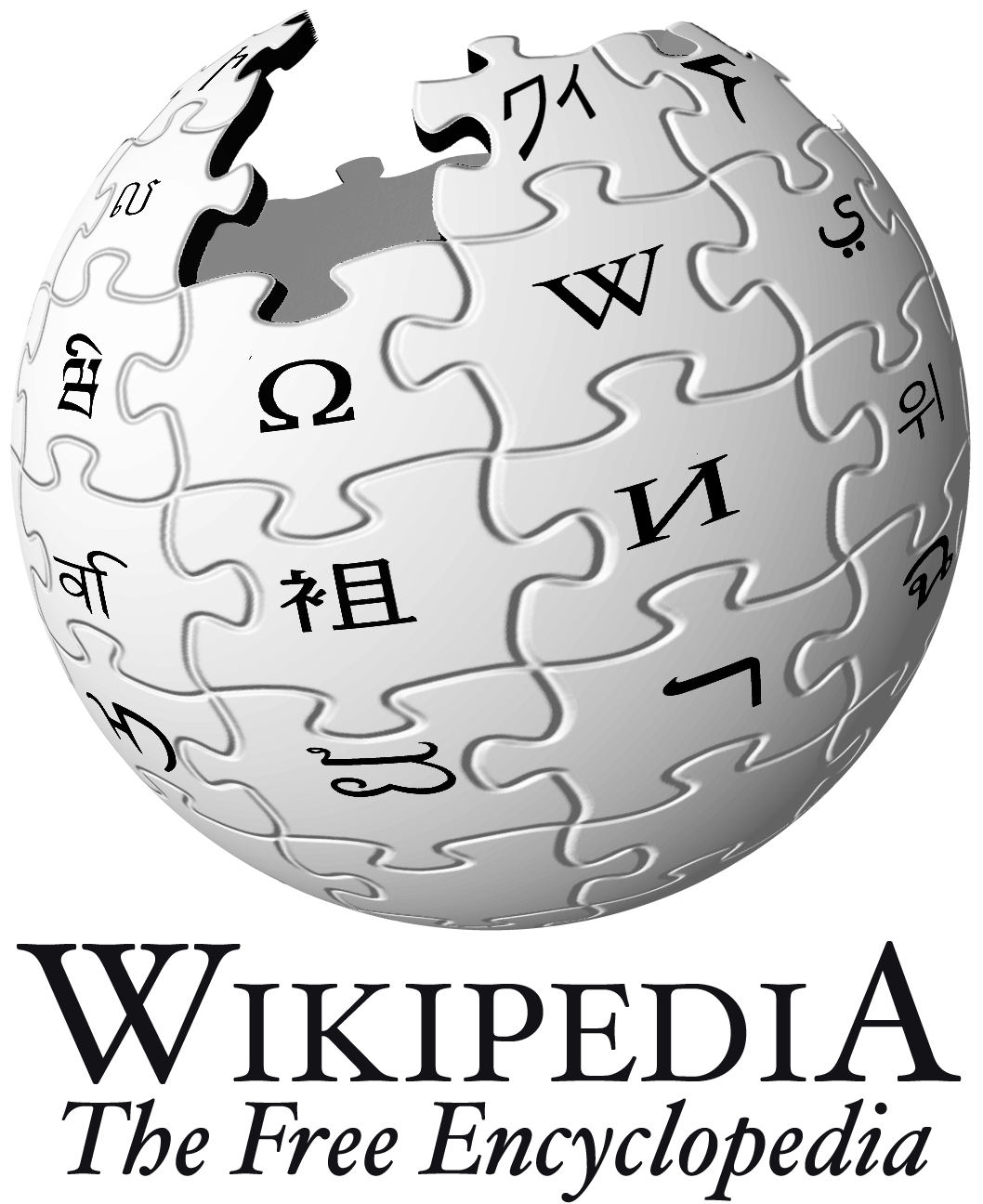Views expressed in opinion columns are the author’s own.
Regardless of background, geographical location, field of study or hobbies, college students nationwide have one thing in common: Wikipedia.
The free online encyclopedia has become an integral resource for almost every university student. For many of us, Wikipedia is one of the first websites we go to when we write papers, do research, fact-check or first become interested in topics.
We use Wikipedia not only because it’s accessible and objective, but also because it has been evaluated to be, in some cases, as accurate as the Encyclopaedia Britannica. This cornucopia of information has become more essential to me than many of my textbooks.
And every year, Wikipedia asks its more than 31 million registered users for a small donation to sustain itself. Yet only 5.4 million people donated to the Wikimedia Foundation in fiscal 2016.
For such a comprehensive free resource to receive such little financial support from its community is quite unfortunate. Almost every one of us can afford $15, the average annual contribution, to keep this incredible resource functioning.
There is an unfortunate narrative that college students are broke and should not be expected to donate money, but sparing $15 annually is no splurge; you could save enough just by skipping a few Starbucks orders.
This is not just about giving back to an organization that has done so much good for us, but also about supporting free access to information for everyone. Because of Wikipedia’s availability and accuracy at no cost, millions of people have access to high-quality information. While other organizations — such as free news agencies and academic studies — provide similar services, none are as accurate, accessible and comprehensive as Wikipedia. This is not something we should take for granted.
For thousands of years, academic knowledge was only for the upper class. Whether it was because of cost, the need for prerequisite understanding or geographic location, knowledge rarely made its way to the masses. The fact that there is now a system to reliably distribute generally unbiased information to people is remarkable.
There are fair counterarguments. Because of the open-source nature of the site, bias is difficult to control. Some studies found most pages on the English version have a liberal slant based on word usage and the perspectives given. However, relative to the scope of the services provided, that is only a minor issue. And if that is an important enough issue to someone, they can become an editor fairly easily and correct these flaws.
Furthermore, although anyone has the ability to edit a Wikipedia page, constant community fact-checking and peer editing ensure quality. Most vandalization is corrected within five minutes, and recent edits are copiously fact-checked, according to an IBM study.
Theoretically, anyone can write anything on the online database, but there are editors who have access to all edits, and the website has remained reliable based on its own system of fact-checking, which ensures a continuous monitoring of edits and additions.
Wikipedia is a critical resource for students of all stripes. Therefore, it is our imperative to give back to and support free open-source options for people worldwide.
Moshe Klein is a junior economics and government and politics major. He can be reached at mosheylklein@gmail.com.



